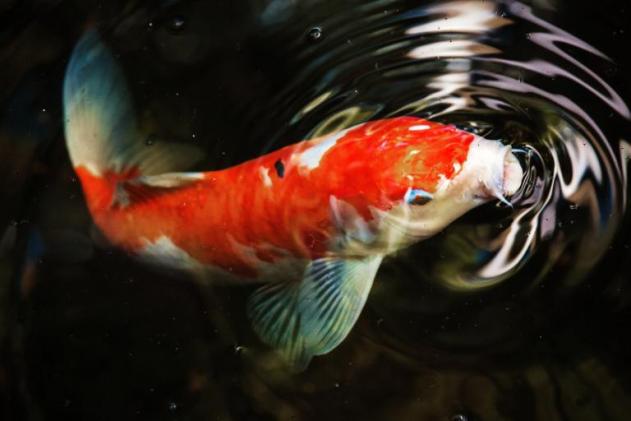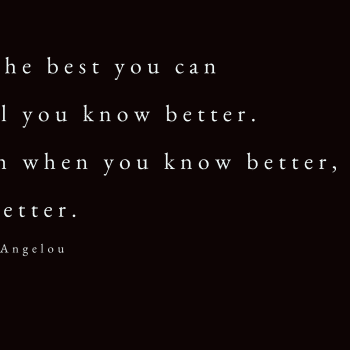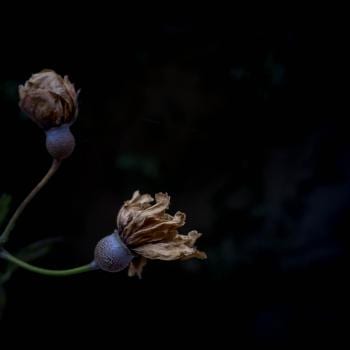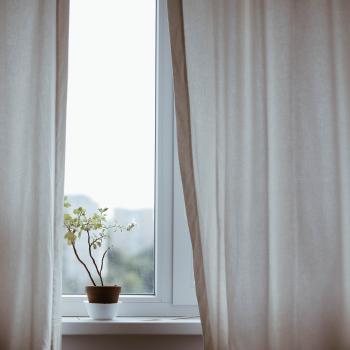
It’s true. Sometimes I tire of the poets and I want plain words. Unhurried, slow words with lazy syllables. Maybe even stilted words that fall like heavy bricks and land with a singular purpose. But even then, I just fed you a simile, though filled with clay and dust. Words are busy little things, so much more than the feel in your mouth as you roll the letters down your tongue or march them through your teeth. They are meaning and vision, color and sound, texture and taste. Like orange.
I’ve heard there are no English words that rhyme with orange.
There are poets who write the simple things of bread and earth and sky but in the folds of those words there are multitudes lapping at the ripples, like the slick sideways swish of a Hariwake Koi’s belly, its silky apricot scales hinting at something brilliant beneath the surface.
There is no escape from Wonder.
We can only clench our eyes tight to it, plug stubborn fingers into our ears, and clamp our mouths tight against the tasting.
There was a time I wanted things to have less meaning, not more. I wanted no metaphor of servanthood in doing the last bit of laundry and matching up the missing socks, no meaning in things being scrubbed clean or worn through their threads. No rumble in my bones when I banged the dryer door shut with a bump from my hip and watched my world spin madly around me.
I wanted no metaphor in marriage. Rather two people who couldn’t go another day without feeling each other’s lips and hips and who longed to spread their palms on the smooth bend of the other’s bare back and who decided to put rings on and tell the world, I choose this one.
But even in rings, there are circles of eternity, there are vows that echo covenant into deep and ancient places, there are the eyes of God.
There are cool sheets rumpled after a pile of bobby pins are stacked on the bedside table like kindling, when the bride lets loose her updo and comes out wilder and freer than when her lip gloss was perfect and she smiled for the camera. Because this could be naked and unashamed if we traced love back to a garden.
Maybe we still feel the breath of God in our bones when we let down our hair among the peonies.
But I didn’t want to relent to the whispers of a pursuing Jesus.
I wanted bread to be flour and oil, carbohydrates and gluten, the bookends of a sandwich. I didn’t want to be confronted with leavening or breaking, hunger or nourishment, offering or sacrifice. Sacrament. I didn’t want to ingest a small chunk torn from its core and dipped gingerly in a cup of wine and believe it meant more than carbs and a nice Merlot.
I didn’t want the incarnation of Jesus into flesh and blood, into a body, or into a world that confronted me with every gulp.
I wanted the flowers to just be petals and stems and roots in the ground holding earth. I wanted a sea of California poppies to hold no similes or slant about how they speak of God with everything they are. How a field of them can make you gasp and stare, knock-kneed like you’ve been wobbly and drunk with the show, while their silk skirt petals tip in the air like their stems are lifting them in a swing dance.
I wanted to silence the praise in the world because it gets so loud when you’re paying attention, because even the rocks cry out when they jut like a mighty fortress from the dust and reach into the heavens. And there is so much wonder and it’s true that once you’re cracked open to God, to the divine, to the fingerprint on the oak tree and in the smile of your child, you cannot help but be claimed by it.
So many of us pray for eyes to see and indeed I have prayed that so many times. But Lord, sometimes I’ve prayed for eyes dull enough to mute the meaning in everything. I wished away my salvation because to see the beauty is to see the brokenness. To taste the bread and wine is to know it too.
To taste God’s goodness is to join in the fellowship of all that is broken and all that is beautiful.
Because to be claimed is to be tasked with wonder. To be hounded by glory.
It is to whisper I know I will see You again, Jesus, through clenched teeth on the turbulent nights with fists rattling an orange prescription bottle to land an antipsychotic on my palm. Some nights I almost wish I could forget I’m claimed and let the world go on without me.
But once seen, I could go blind on God’s glory, and maybe glory eclipses the endless midnight, the blackest ink, the pitch and ash of a mind in ruins even when it seems I can’t see God at all.
But God gave me orange in all its hues.
It’s a surprising interruption. It is art on your iris flagging them down to open wide and let in the light. It is the ember that sparks against the unending night of the world.
God help the noticers for all they’re tasked to see. The beauty and the brokenness.
God help the Wondrous Ones, the child and the poet, the fisherman and the scientist, the artist and the dancer, the ill and the poor in spirit, the mother who sings lullabies to her infant child and who treasures things and ponders them in her heart.
God help the Translators of Truth, armed not with eloquent words but with inky thumbnails carving into rind and breaking open fruit, its scent traipsing across the bowed lips of a hungry world.
Let us taste metaphor meaty enough to sink our jaws into, like the ripe flesh of a mango dripping from our chins and pooling at our collarbones when our shoulders are bare under the sun. Let us remember when we were naked in the garden eating the good earth and walking with God in a sea of California Poppies.
God bless the observance of simple things: the translucent skin of a tangerine’s crescent moon waxing on a wide open hand. Its pulpy juice pierced and then crushed, pouring bitter and sweet onto our tongues all at once. Let us see the dance of the flowers. Let us pull our favorite sweatshirt worn thin from the love and hot from the dryer and dress ourselves in memories. Let us bake bread and pour wine and ladle great spoonfuls of hot soup into terra cotta bowls on a wintry day. Let us invite the world to taste it, too.
I see it when I reach across my nightstand, past the dirty laundry piled on the floor, past the hair elastic and bobby pins, past the mandarin peels from my late night snack.
I see it when I reach for the meds in the orange prescription bottles that help keep the colors in my view.
Maybe Dostoevsky was right, “Beauty will save the world.”
We see dimly here in mortal bodies with weak eyes, but still glory’s song is deafening.
Orange is the ribbon of sunset left unwrapped on the still deep waters as the light relents to darkness.
Humanity bears the weight of fallen things and so often we’re crushed beneath them, like sifted wheat, like crushed fruit, like a body laid bare, the bitter and the sweet, the broken and the beautiful. This is what it is to live claimed by God.
Yet a merciful God created the color orange even if the poets found no rhyme or reason to it. This is what it is to taste and see that the Lord is good.












